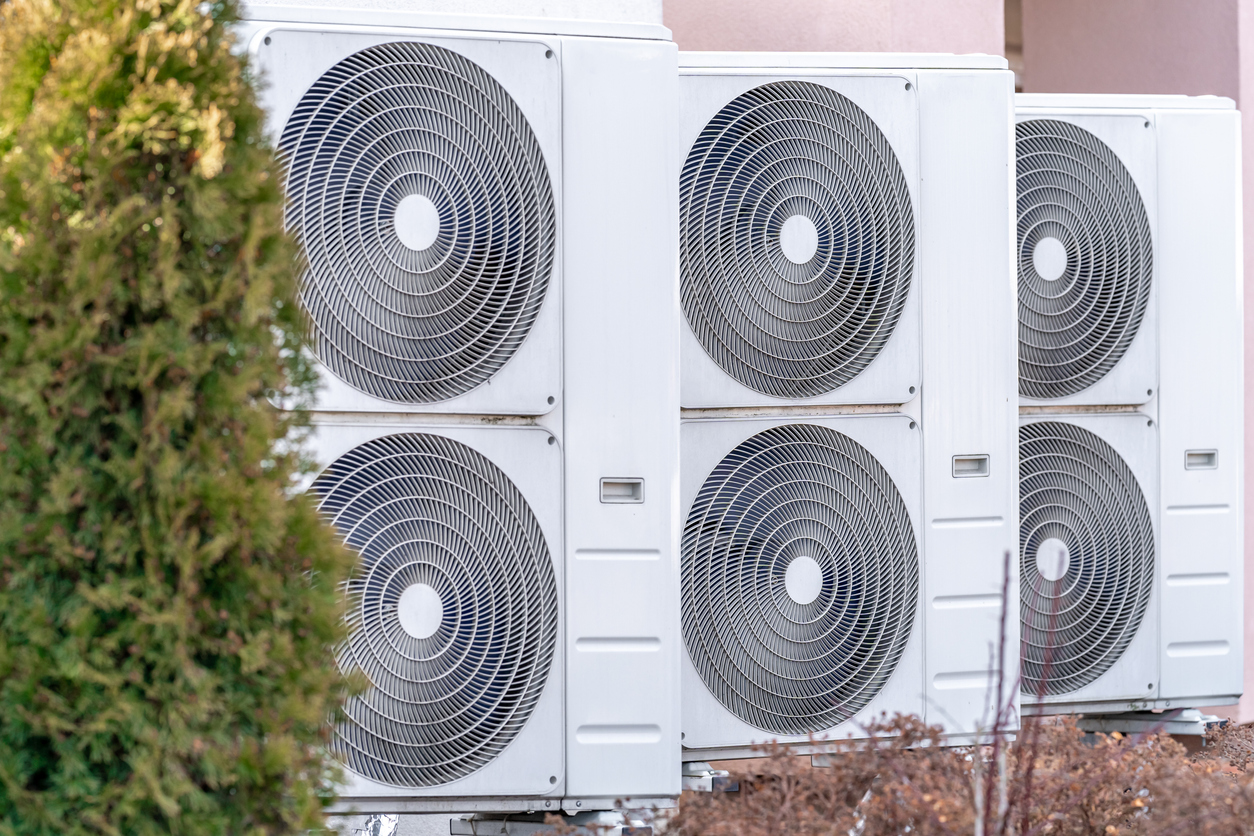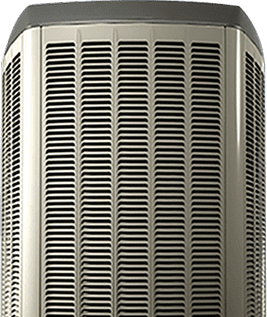Are heat pumps worth it in Canada

Are heat pumps worth it in Canada?
In Canada’s chilly climate, where winters can be long and icy, the question is whether heat pumps are worthwhile. As homeowners look for effective and affordable heating solutions, the practicality of heat pumps comes into play. Heat pumps have the unique benefit of being able to provide both heating and cooling, as well as being known for their energy efficiency. However, obstacles such as cold weather performance and greater initial expenses must be considered.
Therefore, we’re going to look at the benefits and drawbacks of heat pumps in Canada, including their suitability for different climates and the variables that influence how effective they are. And by considering these factors, homeowners can determine whether heat pumps are worthwhile for their unique needs!
So, if you want to learn more about heat pumps and whether this type of heating unit can provide you with the benefits you’re looking for, keep reading!
Do I really need a heat pump?
Determining whether a heat pump makes sense for you entails taking into account a number of factors that affect your comfort, energy efficiency, and overall HVAC system. The climate where you and your family live is an important consideration. For example, if you live in milder climates like Whitby or the surrounding neighbourhoods in Ontario, a heat pump may be an excellent option. It efficiently performs both cooling and heating functions, obviating the need for separate appliances such as furnaces and air conditioning units. This not only saves space but may also lower setting up and servicing costs.
Another critical factor to consider is energy efficiency. Heat pumps are well-known for their capacity to save energy. They work by transferring heat rather than producing it, resulting in less energy use and potential long-term savings. A heat pump can help you achieve your sustainability objectives if you value energy efficiency and want to reduce your environmental impact.
Furthermore, the state of your existing HVAC system is essential. A heat pump can be a worthwhile investment if your current system is outdated, inefficient, or in need of replacement. However, if your system is relatively new and performing well, switching may not be necessary right away. Ultimately, you can make an informed decision by evaluating the potential long-term benefits.
Ultimately, if you are still determining whether a heat pump would be worth installing in your home given your current needs and situation, we suggest reaching out to an HVAC company like Limcan Certified Heating and Air Conditioning to schedule a consultation appointment.
Is a heat pump gas or electric?
A heat pump can be electric or gas, but electric is the most common. Electric heat pumps are becoming more popular and widely available in residential settings. They work by transferring heat between the exterior and interior units using electricity. While electric heat pumps are the most common, gas-powered heat pumps, also known as dual-fuel or hybrid heat pumps, are also available.
When the outside temperature drops too low for the heat pump to function correctly, the gas furnace kicks in. This combination enables efficient heating in colder climates while also utilizing gas as a backup fuel source. It should be noted that gas-powered heat pumps are rare. They are typically used in areas with abundant natural gas or where a gas furnace is already installed.
What are the disadvantages of a heat pump in Canada?
Although there are numerous benefits associated with heat pumps, like any appliance, they do have their disadvantages that homeowners should be aware of. Here is a more detailed look at the drawbacks heat pumps have:
· Cold Weather Performance: One of the most challenging aspects of heat pumps in Canada is how they operate in freezing temperatures. Heat pumps may struggle to extract enough heat from the outdoor environment when temperatures drop substantially, resulting in diminished effectiveness and heating capacity. During harsh winter conditions, this could necessitate the use of additional heating methods or a backup heating source.
· Higher Initial Cost: It’s essential to note that heat pumps have a higher initial cost than traditional heating systems. Some homeowners may be worried by the initial investment needed to purchase and install a heat pump. However, it is worthwhile to consider the long-term energy savings and possible savings over time. There are also several rebates available for homeowners through the government that can help offset some initial costs.
· Electricity Dependence: Heat pumps are primarily powered by electricity. This means they are impacted by energy costs and potential fluctuations in prices. The operational costs of running a heat pump may have an impact on the overall budget depending on where you live and the price of electricity.
Will a heat pump work in 0-degree weather?
Yes, a heat pump can function in 0-degree temperatures. However, as conditions drop closer to or below freezing, the efficiency and performance of a heat pump can suffer. Let’s dive into this a bit further:
In frigid climates, where temperatures routinely fall well below freezing, the performance of a standard air-source heat pump can be hampered even further. The heat pump can fail to extract enough heat to efficiently satisfy the home’s heating demands. To provide extra warmth during severe winter conditions, supplemental heating or a backup heating source may be required. Therefore, this is something to consider when deciding whether a heat pump is worth it for your home. As such, we recommend reaching out to a local HVAC company in your area that will be able to help you choose the right unit for your home, depending on your unique needs.
Are you considering a heat pump for your home in Whitby, Ontario, or any of the surrounding communities? If so, you’ve come to the right place! Limcan Certified Heating and Air Conditioning have years of experience working with homeowners to provide them with quality installation services for heat pumps and other HVAC systems!
Call and schedule your consultation appointment with our certified HVAC technicians today to receive a complimentary and non-obligatory new system purchase quote! We look forward to working with you!
